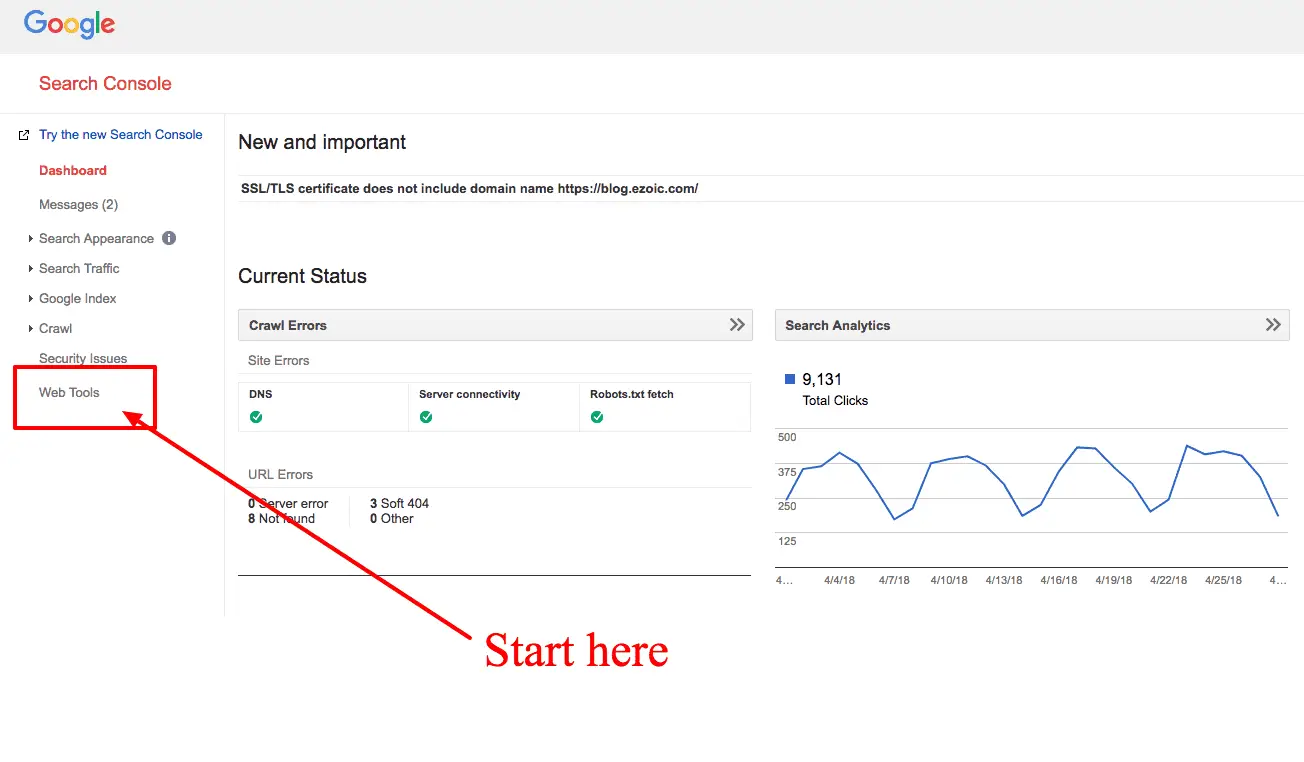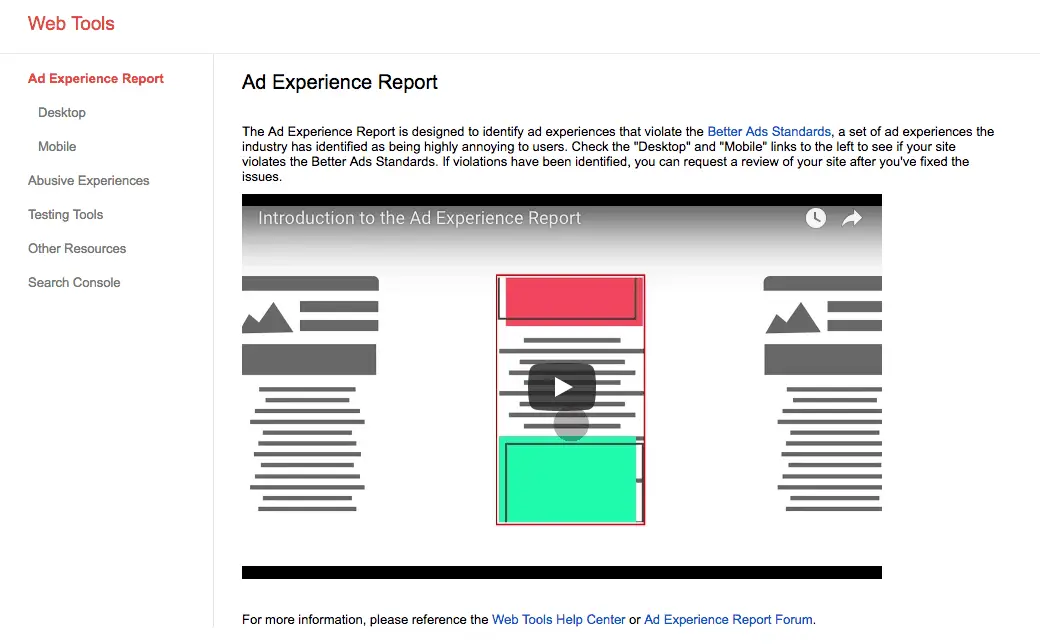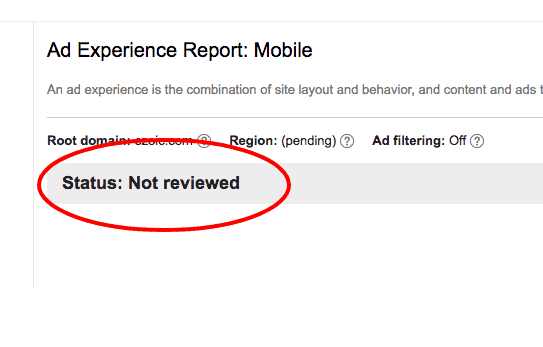Ad Heavy SEO Penalties & Issues You Should Understand
Publishers have more SEO variables to account for than ever before. One of those elements is ads and the role they may be playing in keyword rankings. The concept of ad heavy SEO penalties gained fame in early 2017 when several popular SEO discussion websites listed ad density as a possible reason for rankings issues.
The ad heavy issue gained prominence during the Google Fred update because many of the sites that had lost rankings seemed to have “a lot of ads on them”; according to the reporters investigating the update (which Google would not officially confirm).
Since then, ad heavy SEO penalties and ad heavy ranking losses have attracted conspiracy-level scrutiny every time the industry has noticed broad volatility in search engine results.
Below, I’ll highlight the little-exercised secret for understanding if your site is ACTUALLY being penalized for improper ad density. I’ll also dig into some real data around whether or not ad density actually has played a role in recent well-known Google algorithm updates.
Has my website lost rankings because of too many ads?
This is what everyone reading this article likely wants to know. There are two different questions associated with this query, and I can help you answer them both.
- Straightforward: Has Google penalized my site in any way, at any time for ad density that is too high?
- More Complex: Is my ad density negatively impacting objective user experiences on my site — which is something Google measures to determine search satisfaction?
The first question is actually really easy to answer; which will probably be a surprise to most publishers.

Most publishers that I speak to are wholly unaware that Google actually has some tools for evaluating if your ad experiences are generating ANY KIND of penalties or rankings losses.
For now, you have to go into your Google Search Console (which should already be set up and something that you check regularly) and navigate your way to the “old version”. If you start in the new interface, you can find this down at the bottom left.

Many publishers are unaware of the new Google Web Tools. However, Google Web Tools provides access to what Google calls an Ad Experience Report.
This is something every web publisher needs to have set up. It will objectively help you understand if Google is going to…
- Block publisher ads in Chrome browsers
- Penalize your website in any way for violating Better Ad Standards
- Penalize your rankings for ad density
I wrote all about how to navigate this report and how to get rid of penalties here.
Discovering if your website has problems with ad density (i.e. ad heavy issues) is really easy. Go to the Abusive Experiences Section to start.

Ad Density issues will be listed under “site design issues”. The rule set forth by Google on this issue is in line with the Coalition for Better Ads (which they are on the board of).
The standard is 30%. Ads should not account for more than 30% of the pixels on a publisher’s pages.
If you are in violation of this standard, Google will let you know in this report.

If the report shows that your site isn’t reviewed yet; it is extremely unlikely you have any search penalties or rankings issues related to ad density; however, if you’re the type of person that likes to doublecheck things, you can try using this tool. Or, you can try out this equation on a few pages:
Right click and select “Inspect”. This will allow you to select and calculate the total pixels by device type. Then, sum up the area of your ad units. It will be different for each device type.
The equation would look like this ——>
[sum of ad unit area]/[sum of page area] * 100.

You can see an example of where to get these metrics in the image above.
I don’t have any Google Abusive Experience violations or ad density over 30%
Great! This means Google is not actively penalizing or reducing your search rankings intentionally.
Any SEO agency or consultant that tells you different is likely grasping at straws.
However, this doesn’t mean ads aren’t affecting your SEO… let me explain
Ads affect SEO, but not how you think
Ads will always have some kind of effect on SEO, but not how you probably think.
The truth is that ads affect visitor experiences. Google works really hard at developing the most sophisticated ways it can to measure the visitor’s experience on your website.

If your ads are negatively impacting visitor experiences, it is likely having some kind of negative impact on your keyword rankings.
So, how do you know how many ads are too many ads, which ads are impacting users negatively, and what locations are least disruptive to visitors?

We talked about doing ad heavy experiments here. But, before we even get to experiments, we have to get rid of the number one cause of these issues to begin with…
Subjective perception
That’s right. The number one cause of ad issues I see is the direct result of someone (or someones) subjectively determining that a certain ad density or configuration of ad placements are acceptable (i.e. people will think this isn’t annoying).

The only way to truly know how Google and your visitors are perceiving these ad combinations is to measure them objectively the way Google does.
We’ve done a lot of studies on this and the big takeaway is that all visitors are different and prefer different ad experiences. It’s not impossible to measure this and deliver everyone what they prefer; however, it really starts with proper measurement.
We recently did a case study that looked at the SEO benefits of doing personalization around objective UX measurements.
We’ve also done a bit of other research recently that suggests things like engagement time might be supremely important as well; when looking at UX from a Google search perspective.
We’ve seen things like Word Count have a pretty big impact on both total engagement time and engaged pageviews per visit.
In all honesty, it’s probably worth taking a look at how word count is affecting engagement if you’re truly trying to understand losses in keyword traffic. As engagement time seems to have a lot of ties with search ranking changes recently.
Is my website ad heavy and am I losing rankings because of it?
You don’t have to guess or get opinions on this. In fact, anyone giving you advice that isn’t presenting objective Ad Experience Report data or visitor experience data should be quickly ignored on this subject as they will simply be guessing.
The first place you should be looking is inside Google Web Tools. It’s free and will present you with hard facts on any existing penalties or issues Google has actively recognized with your site.
Next, you’ll want to start experimenting and better understanding how ads might be affecting visitor behavior on your website. I think this is the best way to do that.
If you’ve done these things, it’s better to turn your attention towards how your content is affecting authentic visitor engagement.
Questions? Let’s start a thread below. I’ll be happy to chime in with my expertise on this subject.


